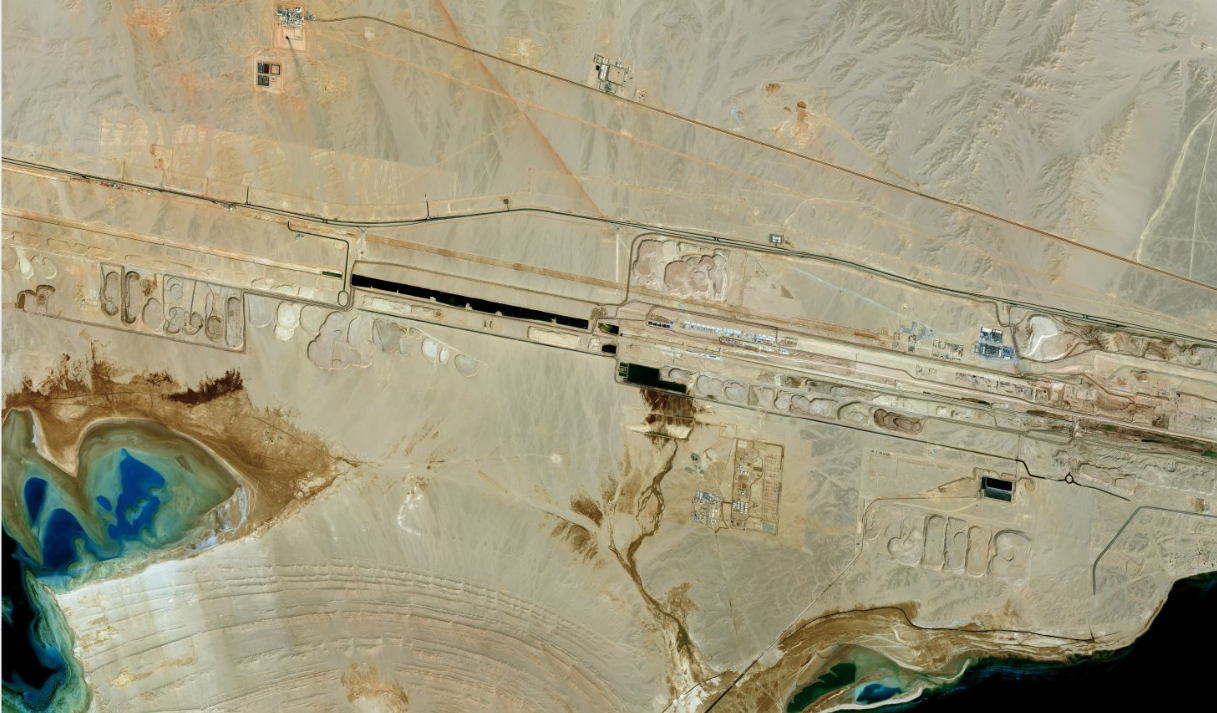American spy agency the National Reconnaissance Office (NRO) is partnering with an increasingly broad array of private sector technology firms as it builds out its geospatial intelligence gathering capabilities.
That’s according to Dr Troy Meink, principal deputy director of the typically highly secretive* NRO, at a discussion hosted by the Mitchell Institute for Aerospace Studies in Arlington, Virginia, on October 17.
The agency is “leveraging data analytics and advanced computing environments to fuse and organize multiple sources of unstructured data” said Meink – an NRO veteran who previously ran Geospatial Intelligence Systems Acquisition (GEOINT) at the agency, with a budget of $15 billion.
“If there’s a good idea that can add capability, capacity, resilience, and speed to our systems we want it” said Meink at the talk this week.
“Which is why we’re fusing commercial and governmental ingenuity, investing in commercial support of mission needs where it makes sense.”
“Bring memes”: Dave Luber takes over as NSA Director of Cybersecurity from Rob Joyce
Dr Meink highlighted how the NRO is “working with a broader set of industry partners than at any time in its history – large and small players across the defense, intelligence, and commercial space industrial base. By leveraging a large audience of diverse industry partners, the NRO is able to strengthen the resilience of its supply chains and launch capabilities.”

His talks came after former US Space Systems Command CIO, Colonel Jennifer Krowlikowski told The Stack in 2022 that a major digital transformation in Space Systems Command had been possible, in no small part, through “bringing in a range of “non-traditionals” including external domain experts, private sector partners, and commercial data platforms.
US Space Systems Command CIO “Colonel K” on shipping good code, transforming culture
The NRO previously would not comment at all on its satellites in orbit. It is now publishing information on its regular asset launches and the agency said in a press release this week that the "ongoing build-out of its proliferated overhead architecture will result in an expanding constellation – from dozens of satellites on orbit to hundreds – resulting in the largest government constellation in history."
That means a host more data flowing in and as Christopher Scolese, director of the NRO, said at another event this month: "Operating a proliferated architecture means that it's no longer possible to go off and for an individual sitting at a control center to say, I know what the satellite is doing. So we have to have the machines to go off and help us there. We need artificial intelligence, machine learning, [and] automated processes to help us do that."
Dr Meink also noted that, per a Pentagon release, it "faces ever-increasing demands from stakeholders for rapid collection dissemination of critical information and increasing competition in the space domain."
"China and Russia continue to challenge our nation's space advantage," he said. "Each has developed and deployed counter-space capabilities that are designed to place U.S. satellites and ground capabilities at risk," he said. "This includes on-orbit weapons systems but also ground-based weapons systems."
*Yes, the intelligence community is by default rather closed, but in terms of regular public engagement, for example, the NSA puts the NRO to shame. The flurry of recent public appearances by NRO directors suggests (as do Dr Meink's words) that among other public efforts, it is keen to ramp up private sector partnerships.







